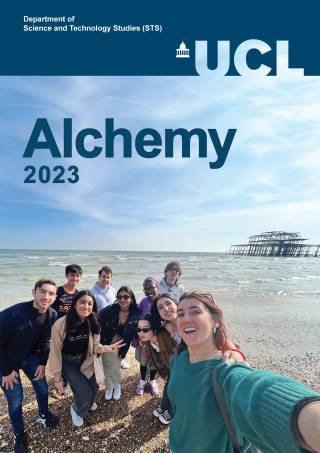The Department of Science and Technology Studies (STS) celebrated its centenary during the Academic Year 2021/22.
To commemorate our 100 years, we have collated some of the highlights from our past below.
1919-20
In this academic year Abraham Wolf, Reader in Logic and Ethics in the Department of Philosophy, taught a general course of twenty lectures on the history of science from ancient times to about 1850 (1).
Abraham Wolf (Figure 1) was a striking figure: philosopher, scientific rationalist, an authority on Spinoza and an early commentator on Nietzsche. Jewish, born in Russia, he made his home in London and at University College London.
Wolf’s course was followed by ten lectures on important developments since 1850 given by members of UCL’s science departments. (STS has always mixed an understanding of the past with a view of the present.) One of the lecturers was 1915 Nobel Prize winner Sir William Bragg (Figure 2).
Figure 1: Abraham Wolf
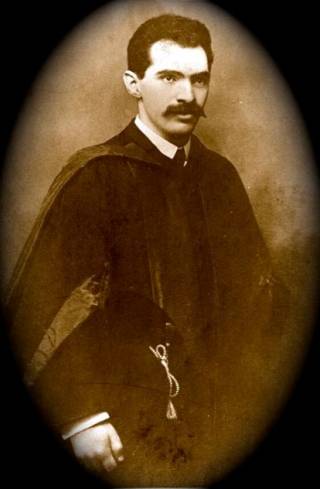
Figure 2: Sir William Bragg
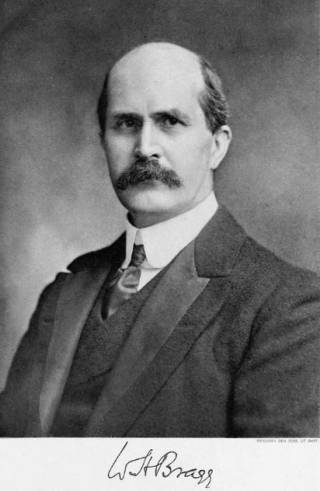
1921-22
Building on the popularity of Wolf’s courses, a new Department of History and Method of Science was established in the Faculty of Science. STS was born!
1923-24
Miss Florence A. Yeldham began her PhD. Her proposed thesis was ‘Early English mathematicians and the reception of the Arabian mathematical methods in England culminating with Roger Bacon and John Holywood’. Florence Yeldham was born in 1877, received an undergraduate degree from Bedford College (mathematics, physics and zoology) and taught at Streatham Secondary School, before studying at UCL. Yeldham’s supervisor was the historian of science and technology Charles Singer, and the PhD was approved by a high-powered panel chaired by Alfred North Whitehead, author (with Bertrand Russell) of Principia Mathematica. See Figure 3.
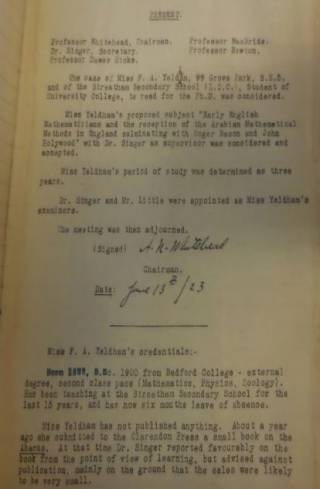
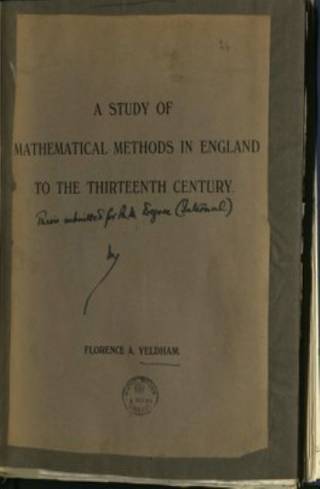
Figure 3: Minutes of meeting considering Florence Yeldham’s proposal of a PhD. Right, title page of Florence Yeldham’s PhD thesis (Image credits: Senate House Library and Science Museum Library and Archives).
Another very early PhD awarded in the STS department was to another woman: Dorothy Mabel Turner on ‘The history of science teaching in England’ (see Figure 4).
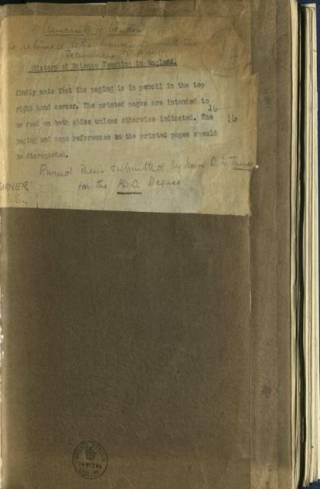
Figure 4: Front cover of Dorothy Mabel Turner’s PhD thesis (Image credit: Science Museum Library and Archives)
We are particularly proud that our first higher degrees in the STS department were awarded to women scholars working on the cross-cultural movement of knowledge and science in society.
Another early STS PhD student was Frank Sherwood Taylor who researched and wrote a thesis on ‘Greek alchemical texts in relationship to later Greek thought’ (see Figure 5). Sherwood Taylor would be a future Director of the Science Museum in London.
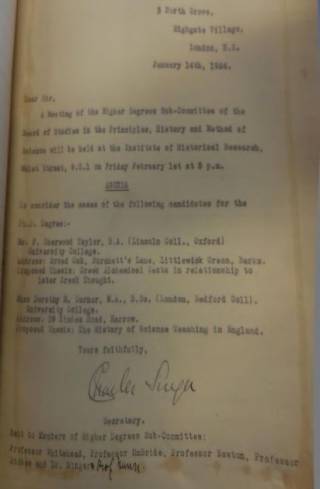
Figure 5: Minutes of meeting considering the PhD proposals of Dorothy Turner and F. Sherwood Taylor (image credit: Senate House)
What was it like to take an undergraduate degree in the department in 1924? A proposed syllabus has survived (see Figure 6). Students on the course would have had the opportunity to learn about philosophy of science from mathematics to psychology, history from ancient Greece to the industrial revolution and even the topic ‘Science and the social system’. An impressive syllabus!
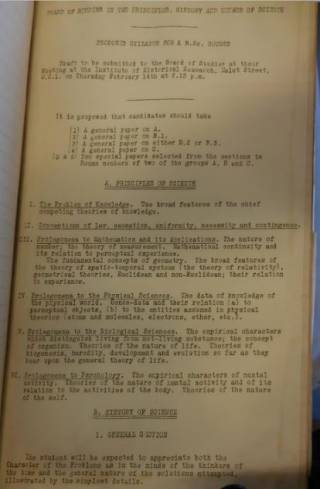
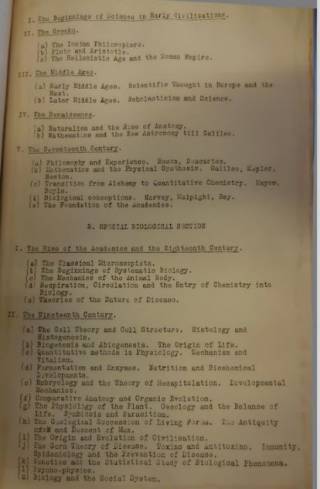
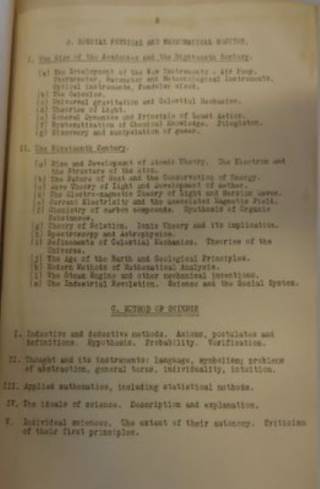
Figure 6: Proposed syllabus for a BSc course considered by the Board of Studies in the Principles, History and Method of Science (image credit: Senate House)
Even after all these years, STS is still teaching many of these topics, alongside science and technology policy and studies of communication, engagement, and justice.
1933
Dorothy Turner’s The Book of Scientific Discovery was published (see Figure 7).
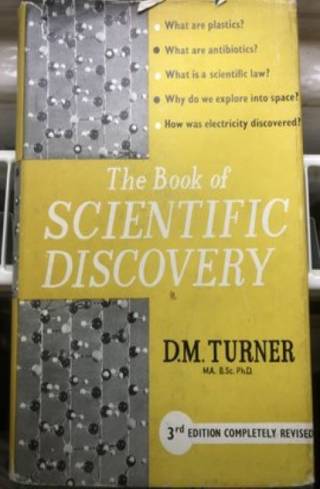
Figure 7: Front cover of D.M. Turner, The Book of Scientific Discovery, 3rd Edition, 1960. The first edition was published in 1933. Copy in the possession of Jon Agar
1935
Abraham Wolf’s A History of Science, Technology and Philosophy in the 16th and 17th Century was published. A further volume on the 18th century can be seen in Figure 8.
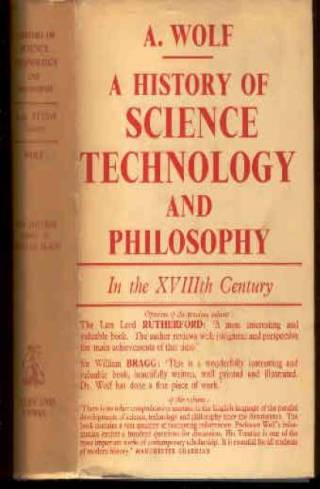
Figure 8: Abraham Wolf’s A History of Science, Technology and Philosophy in the XVIIIth century.
Charles Singer’s multivolume History of Technology was also published in 1933 (see Figure 9). This set of books was the standard text for history of technology for decades.
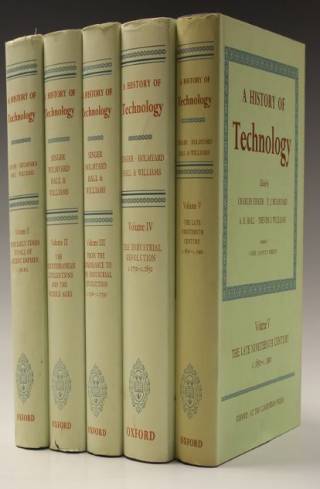
Figure 9: Charles Singer’s A History of Technology.
1937
People from STS also helped build our subject’s institutions. The British Society for History of Science was founded, with Charles Singer, now retired, as President, and Herbert Dingle, a professor history and philosophy of science, as Vice-President. Sherwood Taylor would later be President and also founded Ambix, the Journal of the Society for History of Alchemy and Chemistry.
1938
We changed our name to become the Department of History and Philosophy of Science. We kept this name until the 1990s.
1970s
In 1971, Dr Piyo Rattansi (Figure 10) is appointed Professor and Head of the Department of History and Philosophy of Science. Piyo was born in Nyeri, Kenya in 1930, worked in journalism, studied at Nairobi and LSE (where he completed a PhD), and lectured at Leeds, Cambridge, Chicago and Princeton, before joining us at UCL in 1971. He was an expert in 17th-century science.
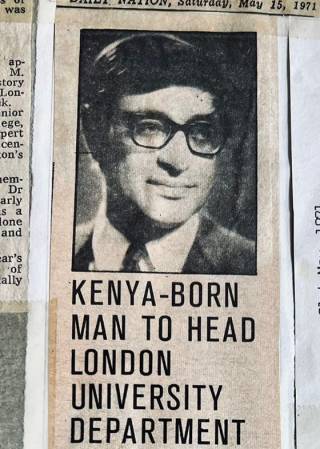
Figure 10: Professor Rattansi's appointment was reported in national newspapers.
Early in the 1970’s we hosted everyone’s favourite rebel philosopher of science, Paul Feyerabend… or at least we think we did.
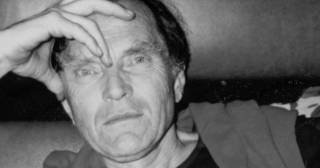
Figure 11: Paul Feyerabend
One anecdote from a former Head of Department, Piyo Rattansi, recounts that he opened his desk when he moved office to find a note from Feyerabend saying he would only visit UCL during opera season.
1993
Steve Miller and Jon Turney moved to the department as the Science Communication Unit, and we briefly became the Department of History, Philosophy and Communication of Science.
This is the year when we re-launched our undergraduate programme, unique in taking students straight from Sixth Form to study STS. Soon we had graduates with a BSc in History and Philosophy of Science, a BSc in History, Philosophy and Social Studies of Science, or BSc in Science Communication and Policy.
In the mid-1990s we moved to our present home: 22 Gordon Square.
1996
We became the Department of Science and Technology Studies (STS), which remains our departmental name to date.
Today
The STS Department has become an established university research and teaching centre for the integrated study of history of science, philosophy of science, science policy, science communication, and sociology of science.
Our students have gone to all kinds of careers and accomplishments.
One of our alumni is Steph McGovern, who began her BSc in Science Communication and Policy in September 2002, graduating in 2005.

Figure 12: Steph McGovern, TV superstar and STS graduate
We are proud of our history and of all the students and staff that have made and continue to make STS what it is today.
 Close
Close


